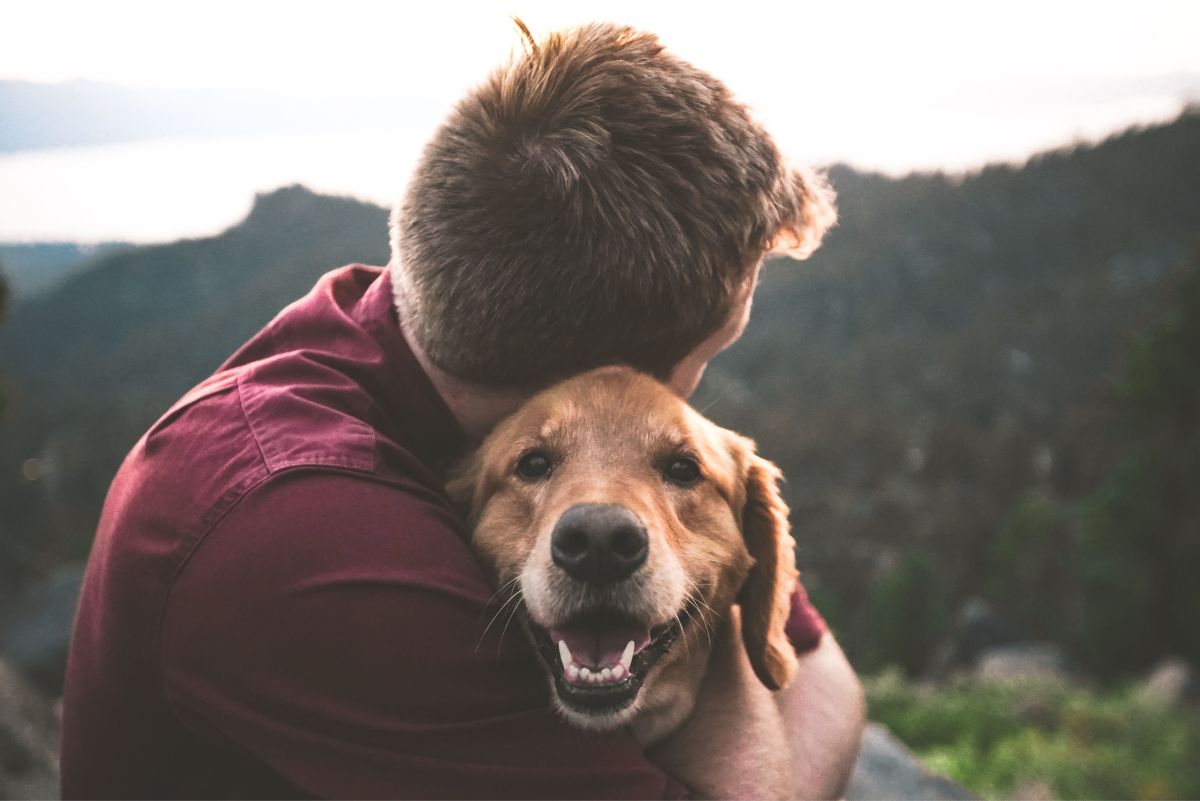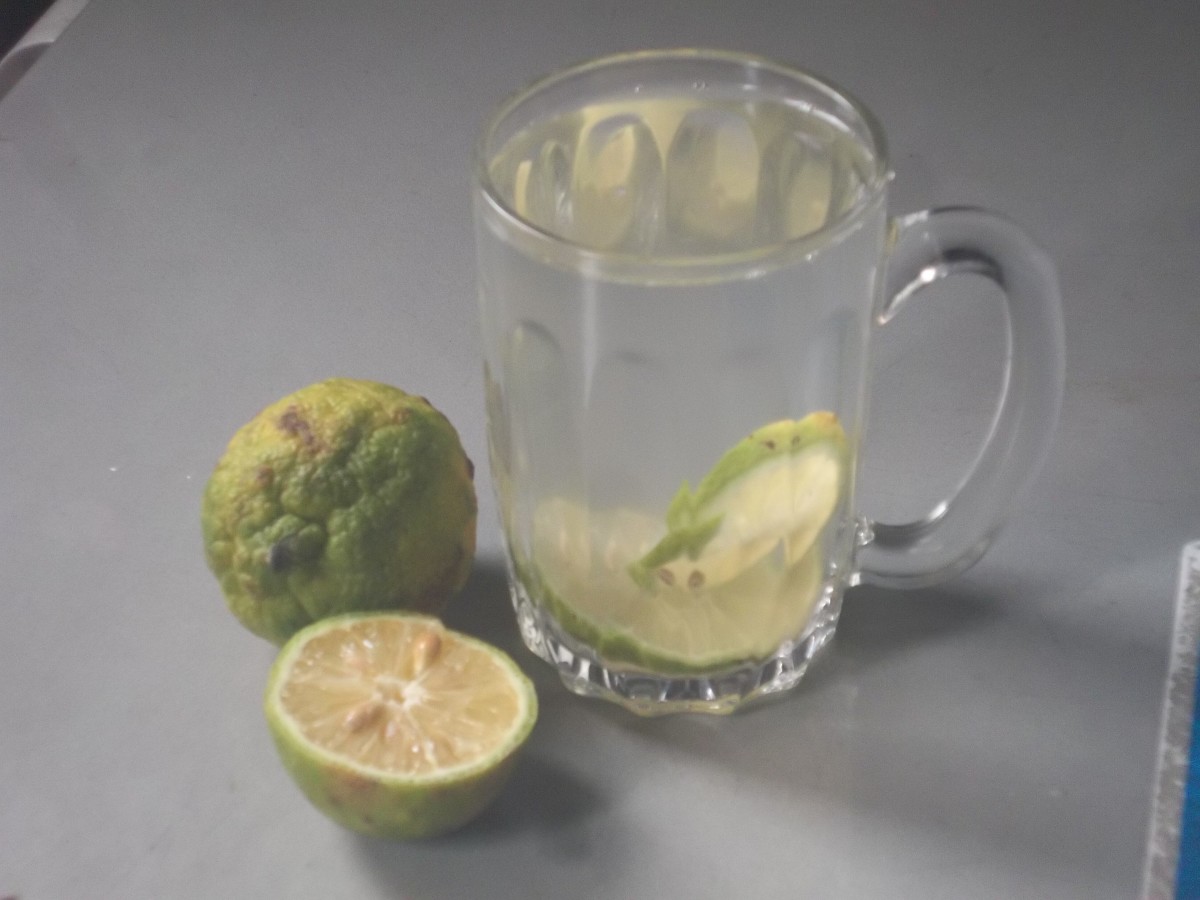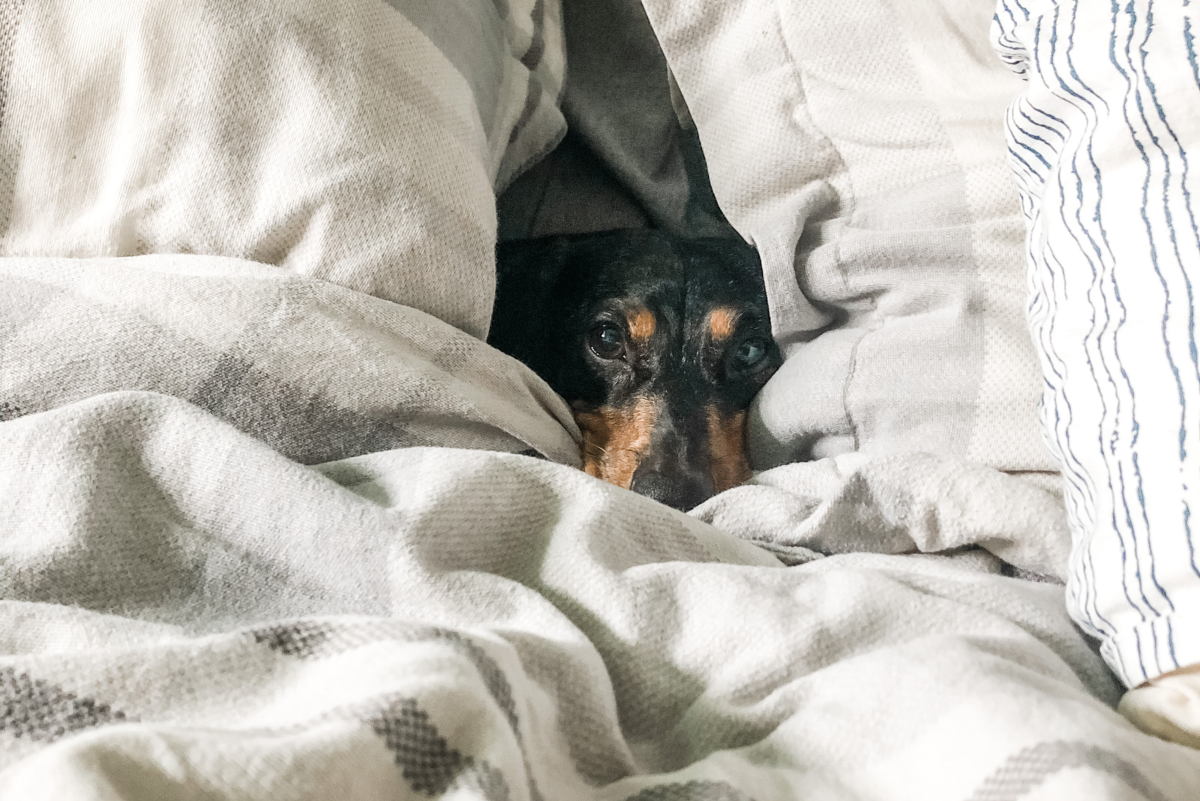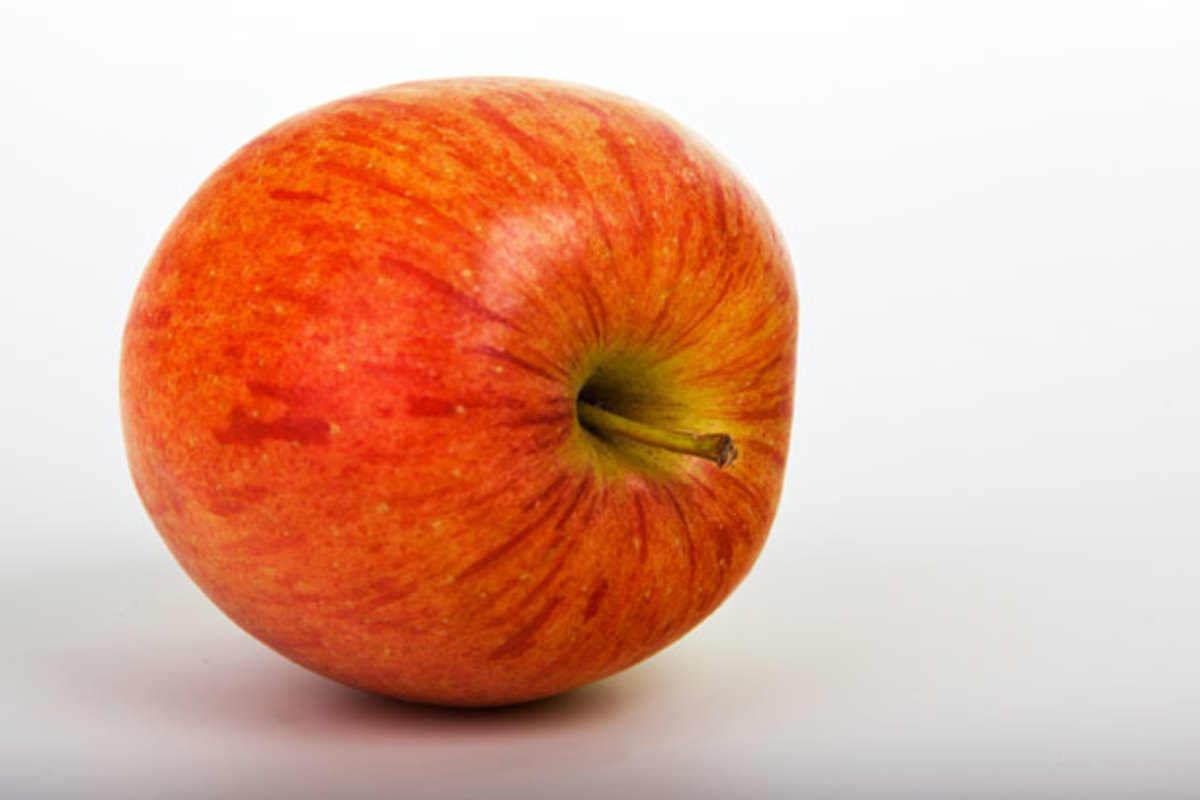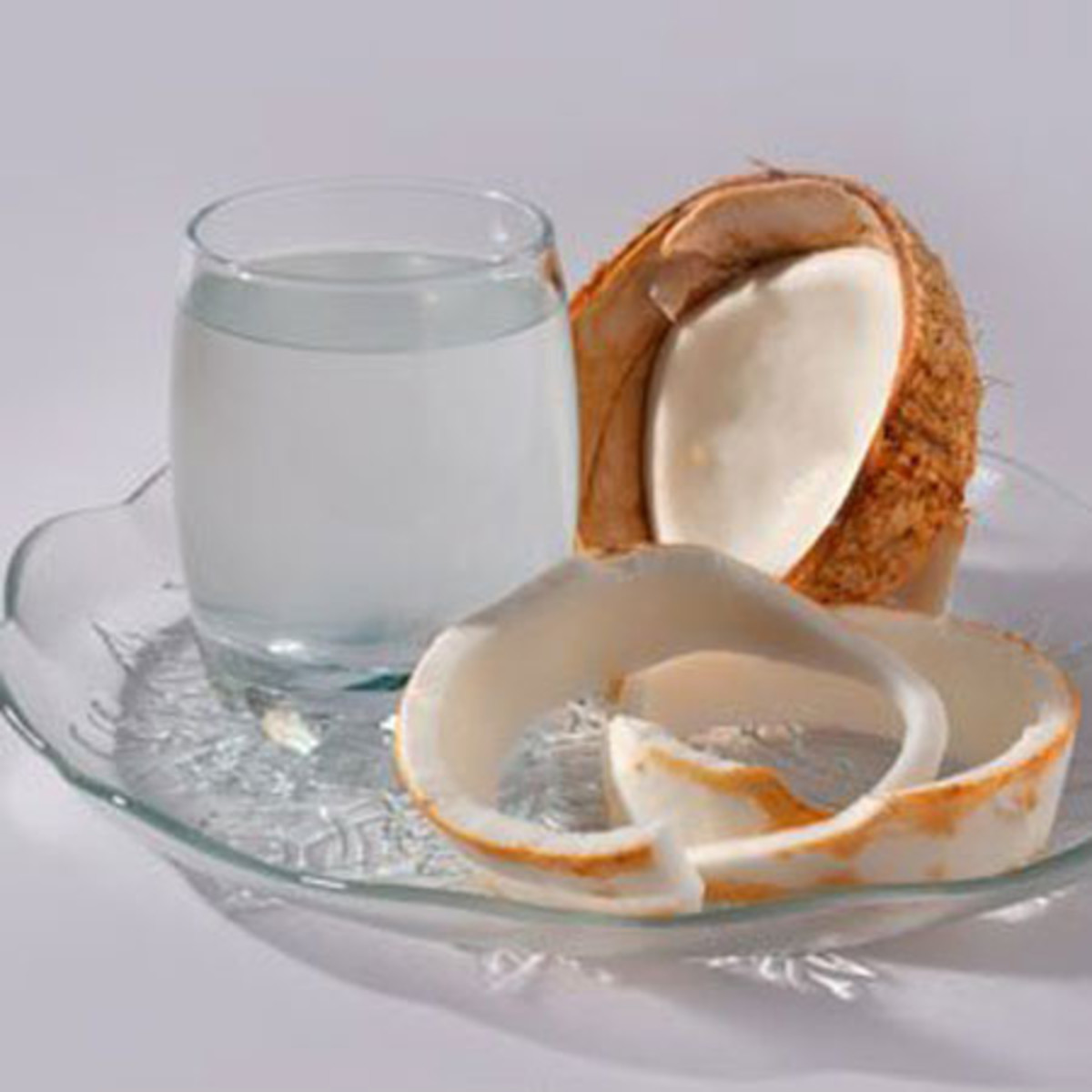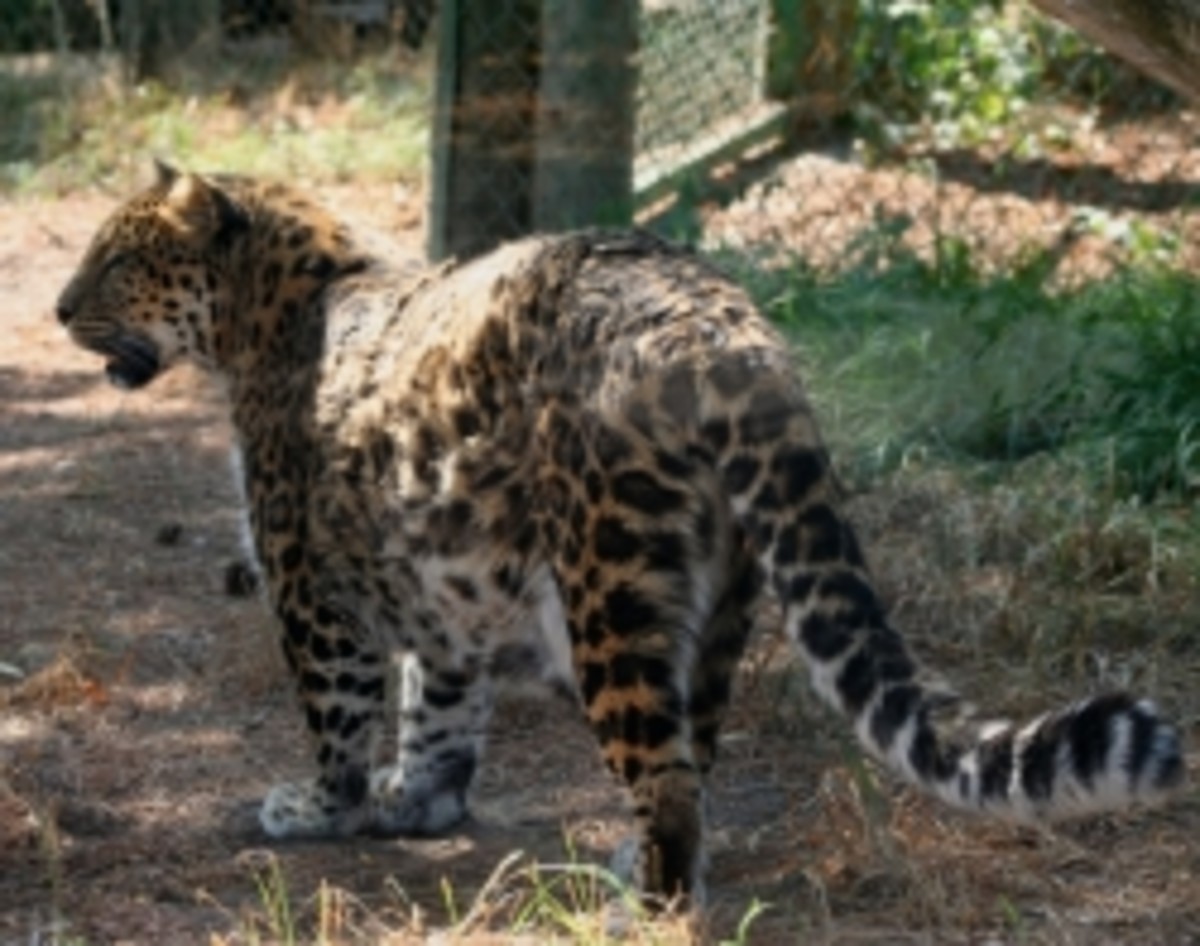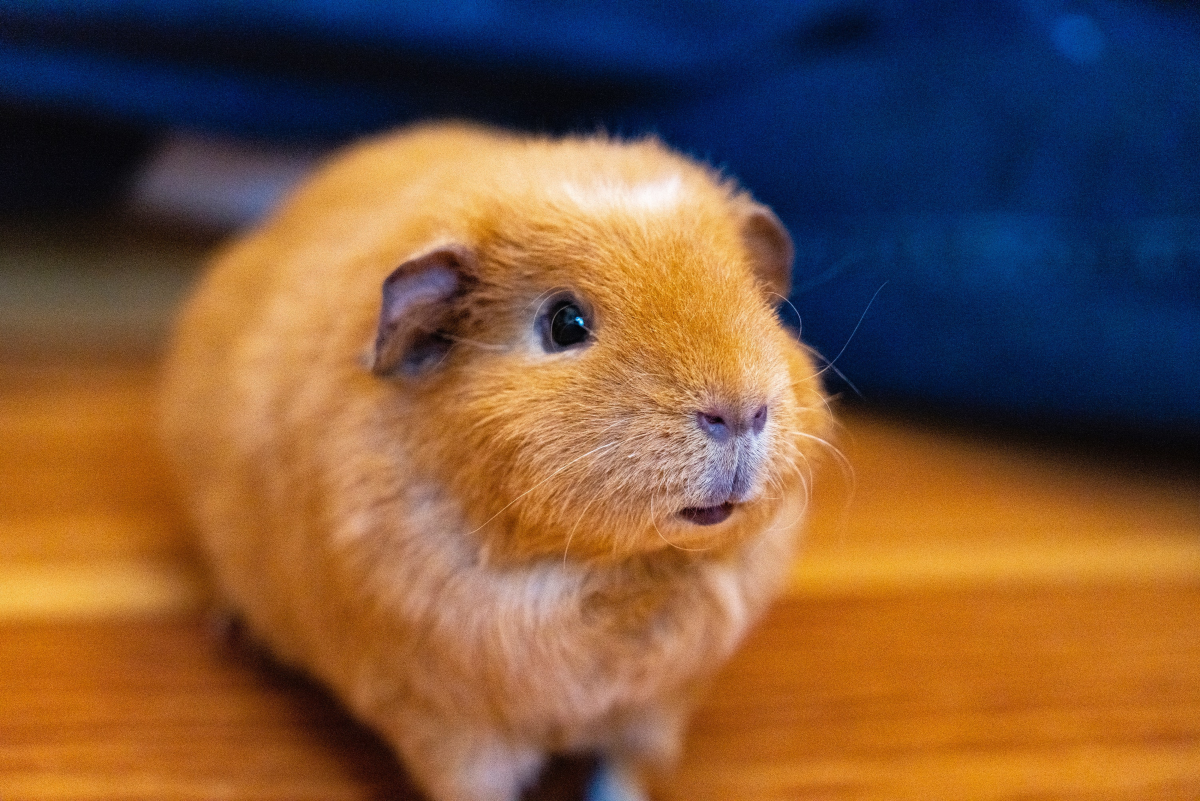Herbs and Herbal Remedies for Animals
Natural Healing - Natural Remedies
HERBS AND HERBAL REMEDIES FOR ANIMALS
Cautionaries:
* Always read labels for correct dosage.
* Some herbs are unsuitable for pregnant animals or nursing mothers. (eg. Aloe Vera, Angelica, Anise, Barberry, Basil, Bay, Black Cohosh, Caraway, Cayenne, Elder, Fennel, Feverfew, Golden seal, Hyssop, Juniper, Male Fern, Mandrake, Parsley, Pennyroyal, rosemary, Root, Rue, Sage, Southernwood, Tansy, Tarragon, Thuja, Thyme, Wintergreen, Wormwood and Yarrow.)
MOST FREQUENTLY USED HERBS
ALFALFA
Internally:
Alfalfa is a great source of vitamins and minerals. It helps the liver and kidneys, it relieves rheumatism, arthritis and allergies.
Alfalfa is a great detoxifier for birds, both pet and wild. Alfalfa restores the appetite in convalescing or chronically ill pets. It is also known to improve breath freshness.
ALOE VERA
Internally:
Aloe Vera is good for arthritis, allergies, digestive disorders and fur balls in the stomach, yeast infections and liver and kidney imbalances.
Use in powdered from with cats.
Externally:
Aloe Vera gel relieves minor burns, skin rashes and wounds. It also relieves skin irritation in birds that pluck their own feathers.
ARNICA
Externally:
Infused Arnica oil, or as a liniment, is excellent for broken bones, strains, sprains and bruises. It is also beneficial for shock and superficial cuts in larger animals, especially horses. Arnica is good to use as a pain reliever or arthritis.
BEE POLLEN
Internally:
Given regularly, Bee Pollen is believed to keep an animal ‘young’ and to keep hormones balances, and to soothe allergies and digestion.
Bee Pollen increases the self-healing powers of the body.
BLACK COHOSH
Internally:
Black Cohosh balances hormones and is good for promoting fertility in female animals. Black Cohosh helps with thyroid problems and helps fur to regrow. Black Cohosh is very healing for animals that have been spayed.
CATNIP
Internally:
Catnip is excellent for all animals with digestive disorders, colds, flus and fevers.
Externally:
Catnip encourages vitality and well-being in cats, when sprinkled around their favourite sitting and sleeping spots.
CHAMOMILE
Internally:
Chamomile is a very gentle herb and is wonderful for digestive disorders and internal parasite problems. Chamomile helps fight bacteria, colds and chest infections.
Chamomile is soothing against stress and calms birds that have been badly shocked or frightened.
Externally:
Chamomile can be used to treat skin problems, helps to prevent wound infections, relieves painful sores and improved the condition of fur.
COMFREY
Externally:
Comfrey is used as a poultice for injured and broken bones on horses. It is also excellent for use on all strains, scratches and sprains in all animals.
Warning: do not use on deep cuts as Comfrey encourages tissue growth which may form over the wound before it heals fully.
DANDLELION
Internally:
Dandelion is helpful for liver and digestive problems, anaemia and arthritis, bladder and kidney problems – especially in horses.
Dandelion is useful to alleviate fluid retention and to detoxify the animal’s system.
ECHINACEA
Internally:
Echinacea stimulates the immune system and helps animals and birds to fight infections and viruses, including colds and flu and also fights bacteria.
Echinacea is good for glands, to aid recovery after an illness or operation, and for the renewal of healthy tissue. Echinacea is useful for skin allergies in birds.
EYEBRIGHT
Externally:
Eyebright is good to use as an eyewash for all pets’ eye problems such as inflammation.
Eyebright is one of the best remedies for parrots with eye problems.
GARLIC
Internally:
Garlic is good for ridding internal parasites and protects the liver from damage caused by modern pollution.
Garlic is a natural anti-biotic that does not interfere with the body’s own natural bacteria in the digestive tract, and is also effective against viruses.
Garlic is excellent for keeping down fat levels.
GINGER
Internally:
In water, Ginger prevents travel sickness I pets and is good for digestive disorders.
Ginger is good to use with large birds.
GOLDEN SEAL
Internally:
Golden Seal, when mixed with Echinacea, counters infections.
Externally:
Golden Seal can be used as an antiseptic to cleanse wounds - often combined with Aloe Vera.
KELP (Seaweed)
Internally:
Kelp, in granule or powder form, is a great source of iodine that helps to keep the thyroid healthy, as well as alleviating problems with glands, the metabolism, teeth and fur. It is also excellent to use for digestive disorders.
Kelp is a natural anti-fungal and anti-viral. Kelp is good for maintaining pet health, including birds.
LAVENDER
Externally:
Lavender heads can be sprinkled rear bedding to deter fleas and ticks. Place Lavender oil or pots of Lavender near to where pets sleep to clam a stressed pet.
MILK THISTLE
Internally:
Milk Thistle helps with all liver problems. It is very safe for all pets, animals and birds.
Milk Thistle is excellent for restoring natural immunity and health after prolonged medical intervention.
MINT
Internally:
Fresh Mint in water or food prevents travel sickness in all animals other than cats, as they can sometimes have adverse reactions.
Mint is a natural digestive and breath freshener and is known to restore a lost appetite.
Externally:
Keep fresh Mint in the car with dogs or in a horse float when taking long trips.
NETTLE
Internally:
Nettle is an excellent diuretic, keeping bladder and kidney’s health.
Nettle also relieves anaemia, colds and allergies.
PARSLEY
Internally:
As a natural diuretic, Parsley is helpful for bladder and kidney problems. It is useful in reducing incontinence in older animals, for aiding digestion, and for freshening the breath.
Parsley contains a natural oestrogen and is excellent for breeding females (although it should not be given to pregnant animals).
Parsley is an excellent tonic for older, female animals.
Parsley boosts the body’s natural immunity.
RASPBERRY LEAF
Internally:
Raspberry Leaf helps pregnant animals and will stimulate milk production after the birth.
SLIPPERY ELM BARK
Internally:
Slippery Elm Bark relieves diarrhoea and sickness, and calms over-sensitive stomachs.
Slippery Elm Bark is good to use to ease coughs and congestion. It is also excellent as a nutrient for weak, elderly or chronically ill animals.
Externally:
Slippery Elm Bark is helpful for skin complaints, wounds, inflammations, abscesses and burns of the skin.
TEA TREE OIL
Externally:
A drop of Tea Tree Oil can be used on fungal infections such as ringworm. It is also useful on dry or patchy skin.
Tea Tree Oil is also an antiseptic, but it is best to keep it away from the genitals and the eyes.
Tea Tree can be used as pet toothpaste as it improves the health of teeth and gums.
THYME
Internally:
Thyme aids digestive disorders, colds, coughs and respiratory problems.
Thyme is a powerful antiseptic so it is useful to use on wounds that will not heal.
Thyme is especially useful for urban animals as it counteracts the affects of pollution.
YARROW
Internally:
Yarrow assists with bladder and liver problems, and internal bleeding. Under expert supervision, Yarrow is sometimes used for animals with diabetes.
Yarrow also relieves infections, fever and diarrhoea.
Externally:
Yarrow helps to heal wounds and stop them becoming infected and relieves skin irritations.
NATURAL PEST CONTROL
When it comes to alleviating parasites, herbs really come into their own. There are a number of pet-friendly methods you can use that will not upset children or sensitive adults in the home who may be allergic, or those who object to using chemicals. Herbal flea collars and pet washes are readily available, and easy to make yourself.
To make your own flea collar, add a few drops of Eucalyptus, Tea Tree and/or Lavender essential oil to the inside of a pet collar, on a weekly basis.
When bathing a pet, an herbal concoction can be added to the water to combat parasites. To about half a litre of boiled water, place a mixture of freshly chopped Rosemary, Pennyroyal and Lavender. Leave the herbs to steep for about 10 minutes or so. Strain and discard herbs. Add to a pet bath or apply to the fur and leave to dry naturally. As well as controlling the fleas, you will also have a lovely smelling pet.
This infusion can be stored for about a week in the refrigerator, in a sealed bottle.
Fleas detest the fragrances of Lavender, Tansy and Pennyroyal. Sprinkle these around pet beds and under furniture to deter them.
Joanne Body and Soul - Mind and Spirit http://bodysoulmind.net/
Intuitively Choosing the Right Pet for You ...
- Intuitively Choosing The Right Pet
Sometimes the reasons for choosing a particular animal are obvious, whilst at other times it is only weeks or months later that we may realize that we could have picked no other creature. One... - Animal Healing
Traditional healing traditions and practices understand that the well-being of the whole person is crucial to physical health, and conventional medical practice is also beginning to recognize this... - ANIMAL SYMBOLOGY
A Aardvarks: Prolonging life (healing within) Ant: Patience Antelope: Grace of readiness, taking action Armadillo: Keeping the feelings of others and troubles (reflected) boundaries Ass: Time to... - Animal Guides and Animal Symbology of the Tarot
Animal symbolism has appeared in many cultures in various forms for centuries. Cultures are diverse as the American Indians, the Romans, the Gypsies and Greeks have sought to explain aspects of their world... - Animals and Their Natural Intuition
Wild creatures have an amazing homing instinct; for example, it is well-known that salmon and trout are able to find their way hundreds or even thousands of miles to their original spawning place, and... - Animals and Their Natural Intuition
Wild creatures have an amazing homing instinct; for example, it is well-known that salmon and trout are able to find their way hundreds or even thousands of miles to their original spawning place, and... - Bach Flower Remedies for Animals and Pets
Dr Edward Bach (1886 1936) was a British medical consultant, homeopath and bacteriologist who developed a natural medicine based on plant and flower essences. AGRIMONY Agrimony is... - Animal and Pet Communication
Animal Speak Some pet owners believe that if we talk to our animals they will reply telepathically and our minds can interpret their feelings as words. A number of successful pet/animal Healers... - Animal Astrology
It is not too surprising that Pet Astrology is becoming popular among pet owners who are eager to understand more about their pets personalities. Through Astrology it may be possible to... - PSYCHIC COMMUNICATION WITH YOUR HORSE
Meditation has two purposes. It centers our minds upon the spirit within and helps us to stay calm, loving and creative. It gives us access to the infinite Universal wisdom to enable us to receive...

